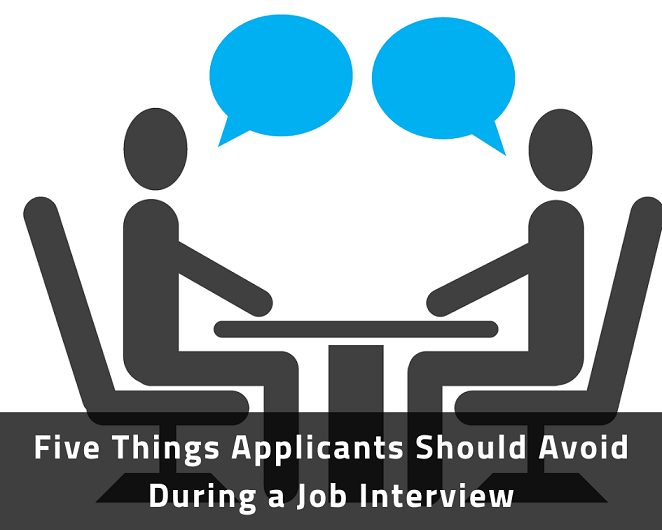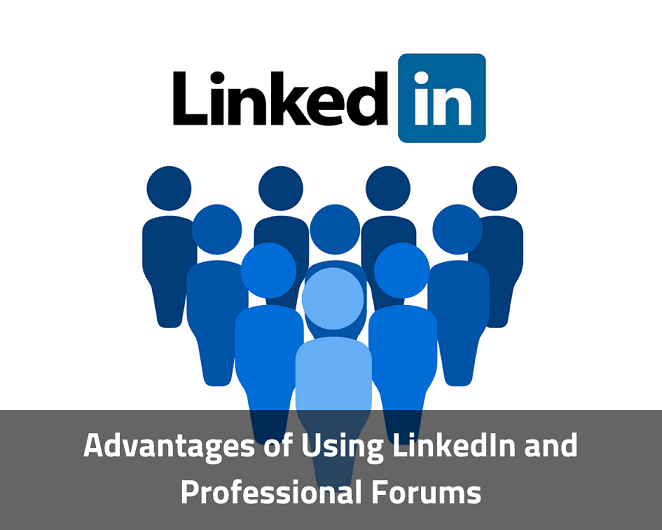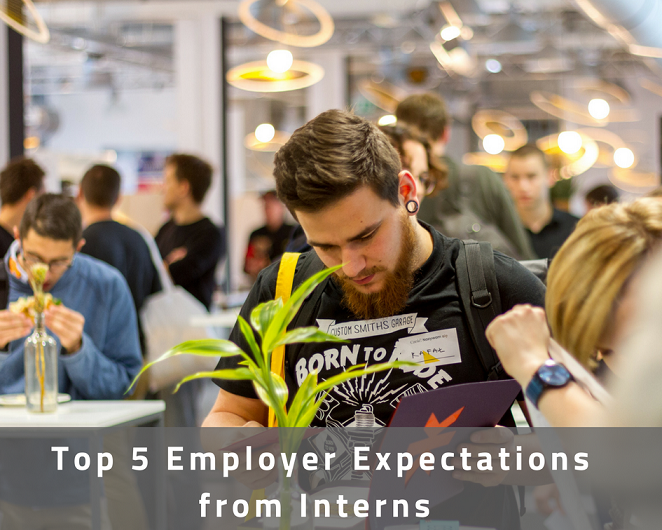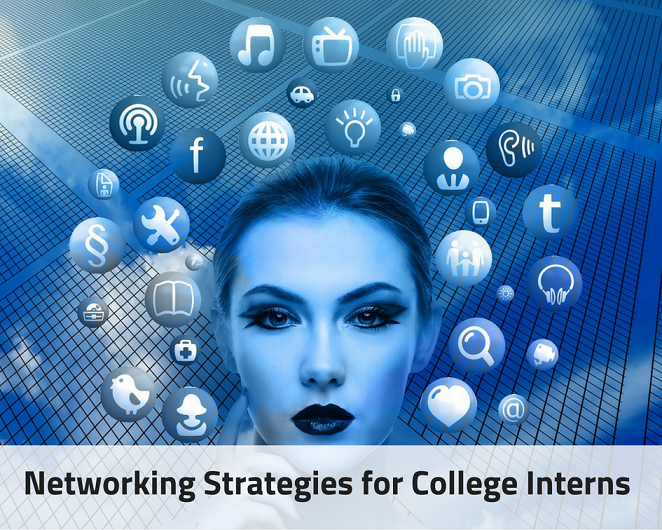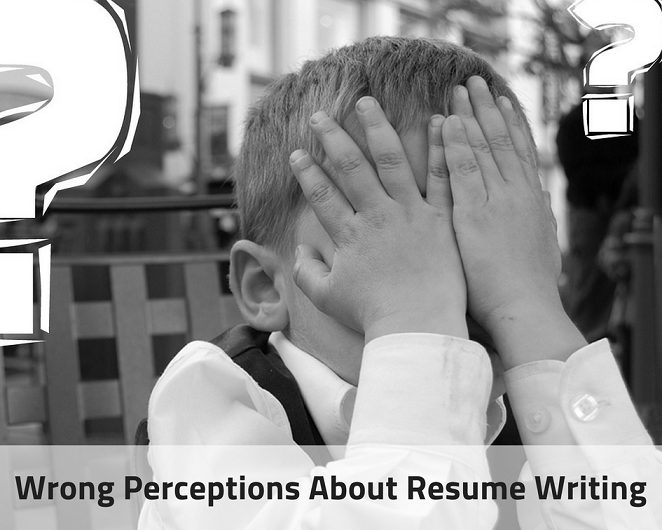Things You Need to Prepare Before an Interview
Jobseekers need to understand that applying for a job requires preparation and the right attitude to create a good impression. The process emphasizes the role that planning plays in helping you handle preliminary requirements, engaging with the interviewer, and improving social profiles. The following points should assist you in becoming a viable candidate for employers.
Developing a Resume and LinkedIn Profile
A resume is one of the first documents that you should prepare before applying for a job. It is essential that you provide up-to-date information and highlight relevant skills and competencies. Since there are numerous resources available online to help you, there is no excuse for errors and blunders. Moreover, you should have a printed and digital copy of your resume. The ideal digital format can either be in a .doc or .pdf format.
LinkedIn is increasingly becoming a valuable source for employers to assess a candidate’s skills and capabilities. For new graduates or professionals exploring opportunities to progress their career should explore creating an online profile. Part of the process involves writing a piece that highlights capabilities, including education, skills, training, and employment history. It is essential to note that the content in your resume and LinkedIn profile should be different.
Research your Employer’s Profile
Interviewers find it a turn off for candidates who come into the job interview unprepared. That is why it is crucial for any applicant to research the company’s profile. The information should give you background knowledge about the company, its values, and connect these to the requirements of the position. Having these insights in place can help you anticipate potential responses to difficult questions and align strengths to the vacant role.
Practice Responses
Candidates can also improve their communication skills through practice. Specifically, you can speak in front of a mirror or try to interact with a friend to simulate the interview process. The idea of rehearsal is to prepare for the actual conversation and identify nonverbal cues that need improvement. For instance, maintaining eye contact with the interviewer can help stimulate positive connections. For new graduates, Universities offer coaching programs to students for communication during an interview. Make sure to take down notes and apply to your approach.
Dress to Impress
Companies expect candidates to know how to dress professionally during an interview. While clothing does not serve as a basis for employment, it creates the first impression for interviewers. That is why it is essential to conduct research. Familiarize with company values and ascertain the appropriate clothing for an interview. If you’re unsure, you cannot go wrong by choosing a corporate attire. There are readily available resources that can help young male and female professionals understand ‘professional’ outfits.
The Bottom Line
Overall, these suggestions are areas you need to address before applying for your target position. Having a well-written resume and LinkedIn profile and knowledge about the company gives you the confidence to communicate your skills, and help you communicate potential contributions to the vacancy.




